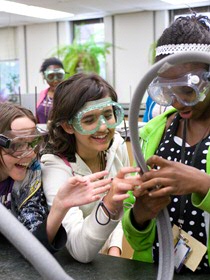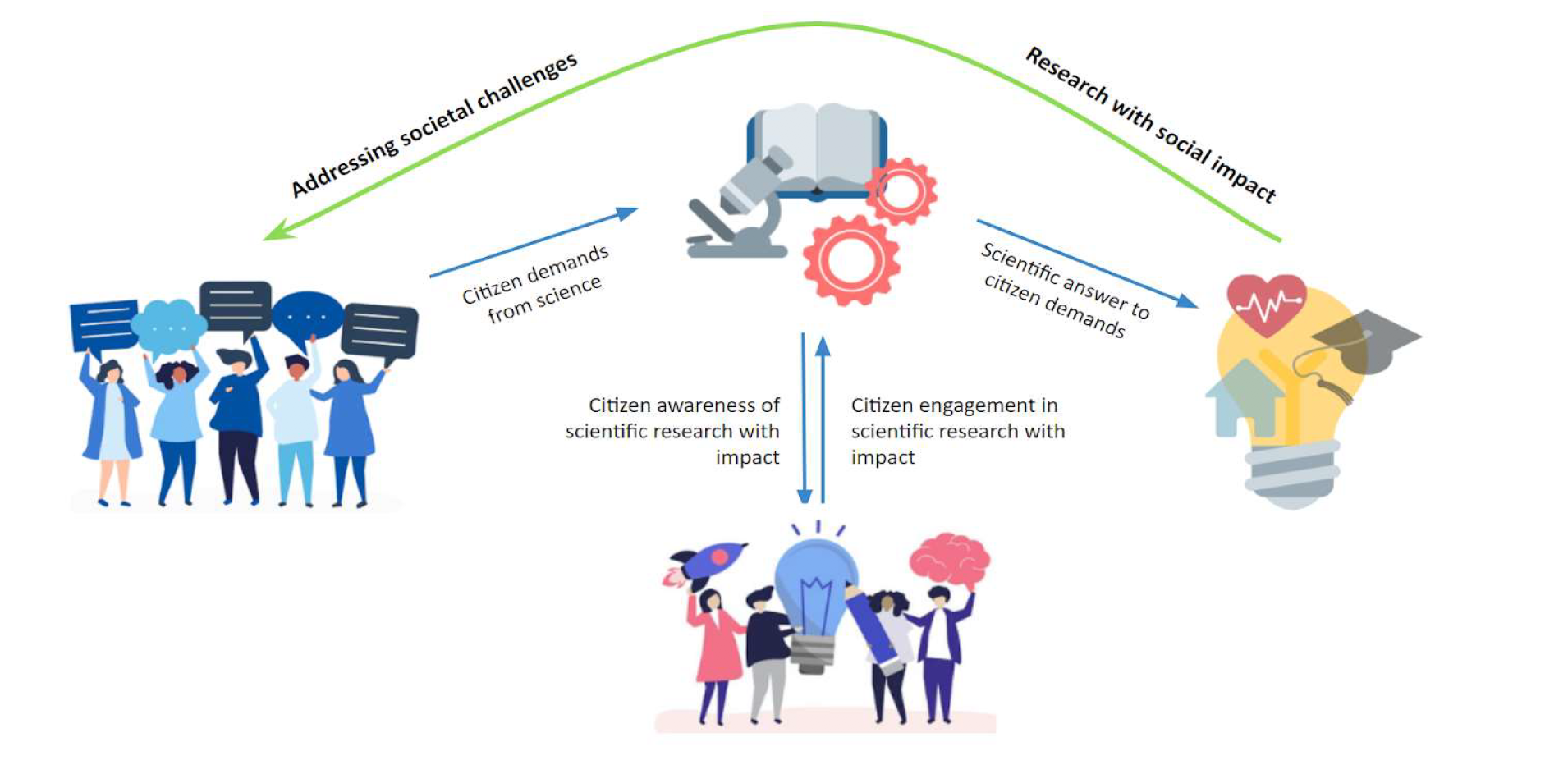Prof. Lucy Avraamidou partner in consortium that receives H2020 grant
Prof. Lucy Avraamidou of the Institute for Science Education and Communication (ISEC) is partner in a consortium that has been awarded a H2020 grant worth EUR 1.1 million. The general goal of the research project ‘ALL INTERACT: Widening and Diversifying Citizen Engagement in Science’ is twofold: first, the researchers want to create new knowledge about how to transform potential citizen participation in science into actual engagement in scientific research. Next to that, they want to unveil new ways to engage societal actors, including young citizens and groups that have traditionally been excluded from science.

The consortium consists of researchers from the University of Barcelona, the University of Oxford, the University of Helsinki, the University of Milan and the UG; the University of Barcelona is coordinator. The project will be carried out with a series of interventions in the different partner cities that engage citizens with science. Avraamidou receives EUR 170,000 for her part in the research project. She will mainly focus on the question ‘How can we support the engagement of vulnerable groups in science?’ For the second time, she will carry out a four-month science enrichment program for young children and their parents in Beijum. Science LinX has a supportive role on this project.

More news
-
10 February 2026
Why only a small number of planets are suitable for life
-
09 February 2026
Can we make the earth spin in the opposite direction?
